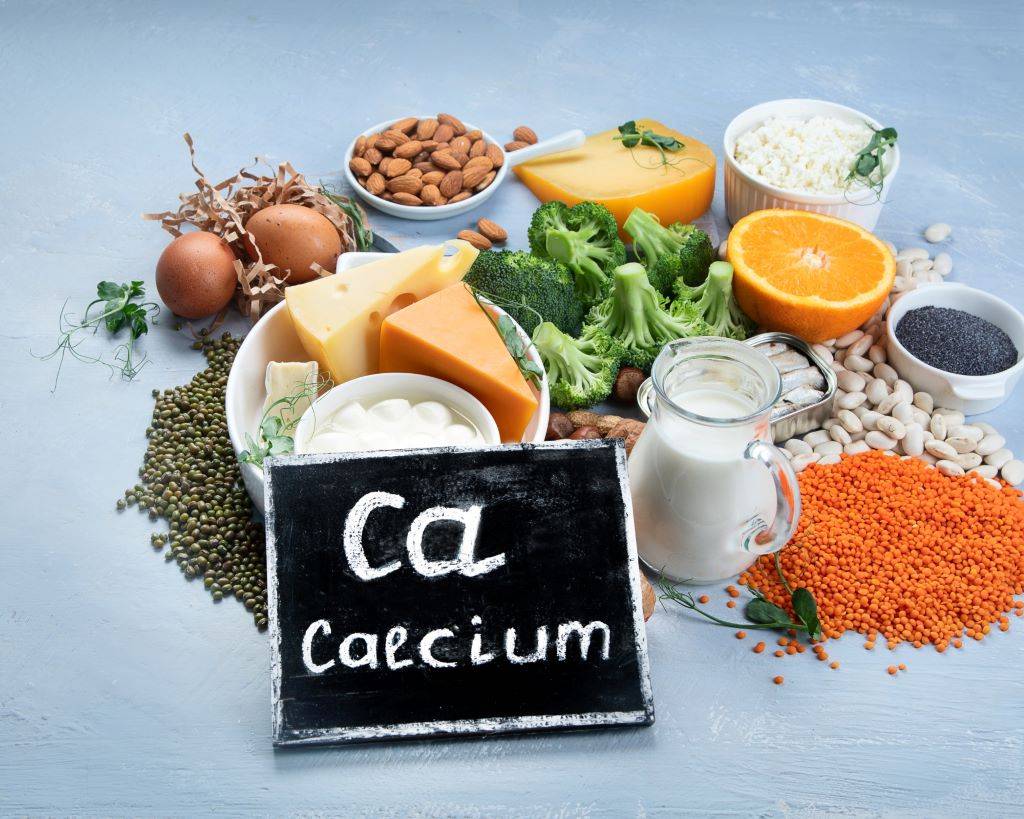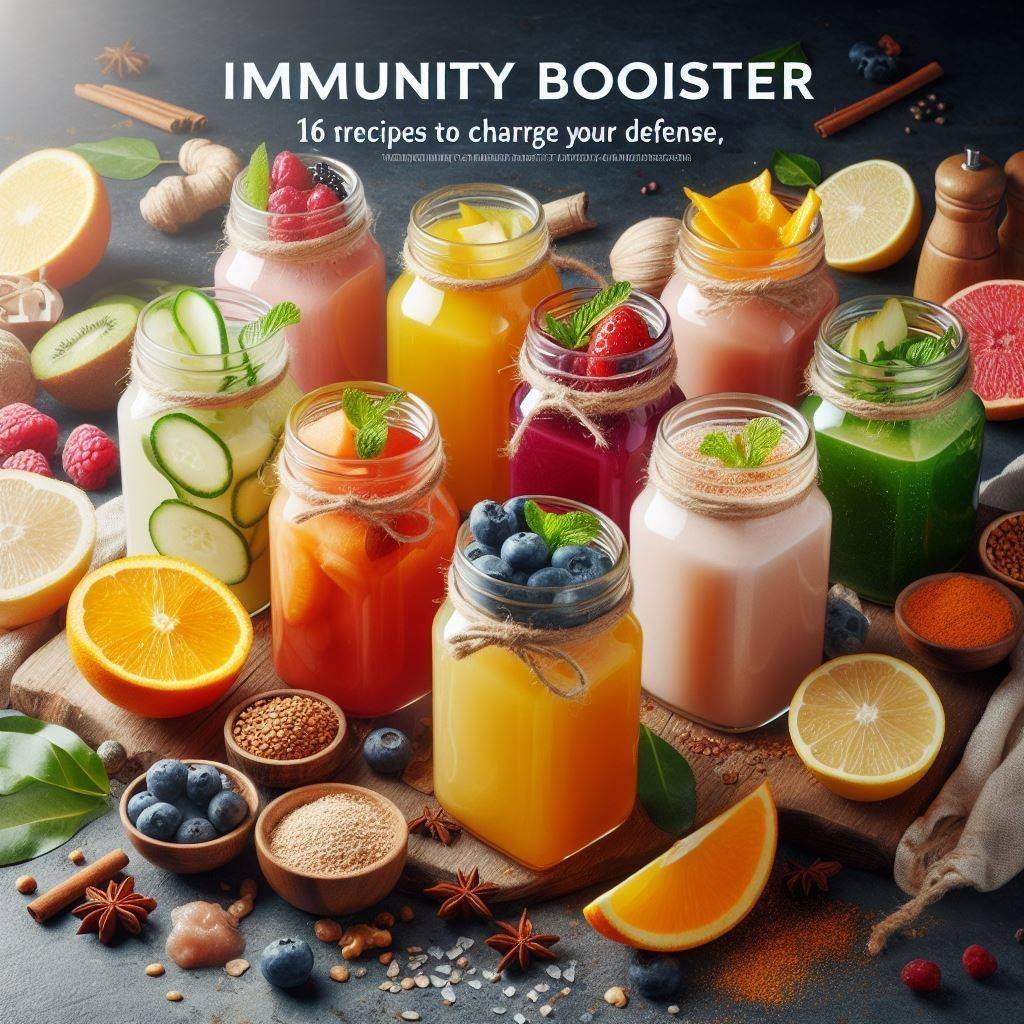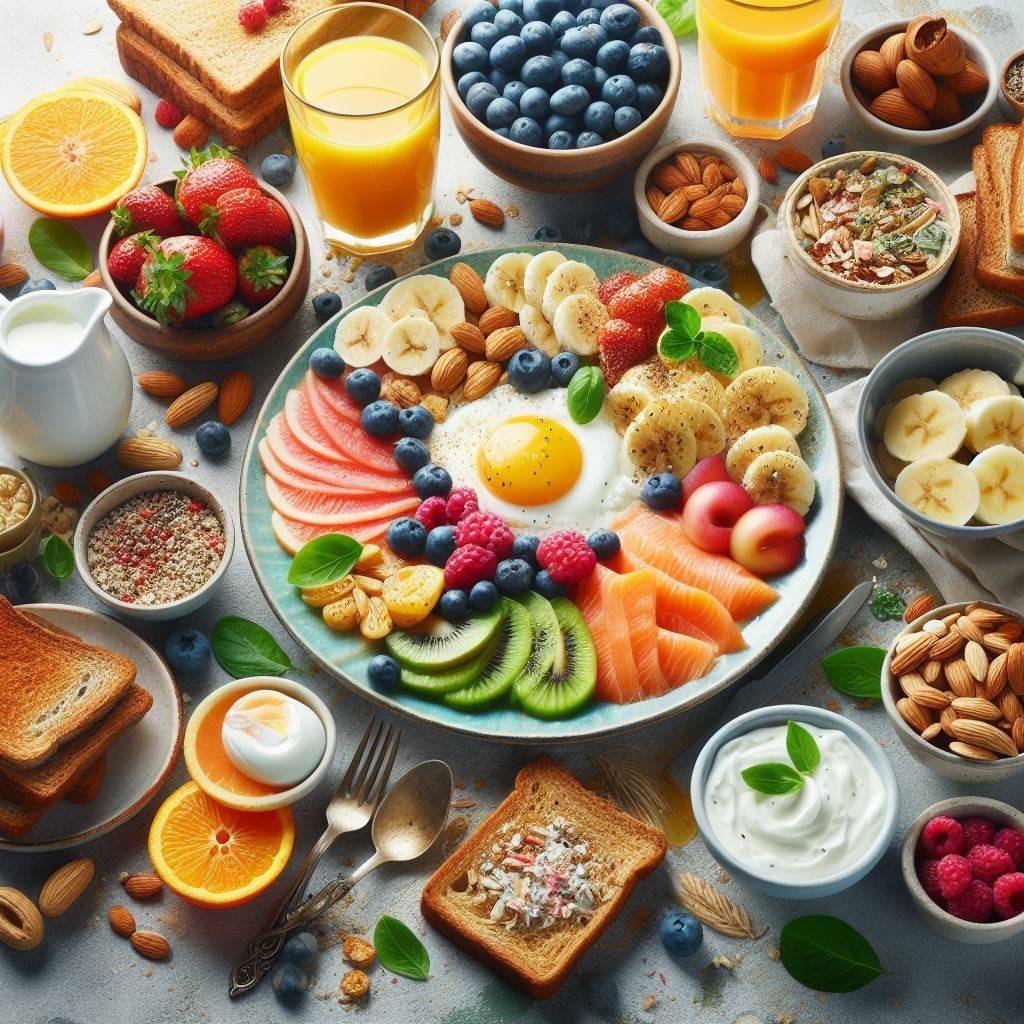Discover Calcium Foods: Ensure Strong Bones – Learn how to get enough calcium from your diet. Boost bone health with calcium-rich foods. Getting Enough for Strong Bones – Calcium is vital to keeping our bones and teeth strong and healthy. Calcium is vital in muscle, nerve function, and blood clotting. It also helps to maintain a healthy heart rhythm. Calcium deficiency can weaken bones and increase osteoporosis risk. Calcium is essential for strong bones and health. We’ll discuss daily calcium foods. We’ll also offer tasty calcium-rich recipes and meal ideas. This post will help you understand how much calcium you need for strong bones and health. Let’s explore calcium-rich foods!
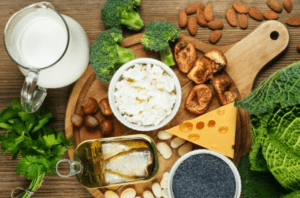
Recommended Daily Calcium Intake
The recommended daily calcium intake varies depending on age, gender, and health status. The National Institutes of Health (NIH) says that the following amounts of calcium should be taken every day:
| Age/Gender | Recommended Daily Intake of Calcium |
|---|---|
| 1-3 years old | 700 milligrams (mg) |
| 4-8 years old | 1,000 mg |
| 9-18 years old | 1,300 mg |
| 19-50 years old | 1,000 mg |
| Women 51-70 years old | 1,200 mg |
| Men 51-70 years old | 1,000 mg |
| Adults over 70 years old | 1,200 mg |
Women who are pregnant or nursing need to take in more calcium. Therefore, they should consult their healthcare provider to determine the appropriate intake. Insufficient calcium intake can cause bone loss and osteoporosis. Calcium absorption requires vitamin D and calcium. Bone health requires adequate intake of both nutrients. Discuss your calcium intake concerns with your doctor.
They can suggest whether to take a calcium supplement or increase their calcium intake through their diet alone. However, getting calcium from whole food sources is recommended instead of supplements. This is because whole foods provide other essential nutrients and are often more easily absorbed by the body. Next, we’ll explore top calcium sources to meet your daily needs.
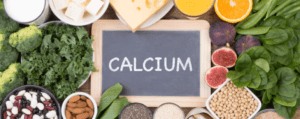
Benefits of Calcium
Calcium has numerous benefits for our bodies. Here are some of the main benefits of calcium:
1. Strong Bones
Bones and teeth need calcium. It builds and maintains bone mass, preventing osteoporosis and fractures.
2. Muscle Function
Calcium plays a role in muscle contraction and relaxation. It helps our muscles move and function properly, including our heart muscles.
3. Nerve Function
Calcium is also important for nerve function. It helps to transmit nerve impulses throughout the body, including to the brain.
4. Blood Clotting
Calcium is involved in blood clotting. It helps to form clots when we have an injury or cut.
5. Enzyme Function
Calciferol activates enzymes in many biochemical reactions.
6. Hormone Regulation
Vitamins regulate hormone secretion, including insulin, which controls blood sugar.
7. Lowering Blood Pressure
Calcium may lower blood pressure, the heart disease. Calcium intake prevents disease and promotes health. Adults need between 1,000 and 1,200 milligrams of calcium daily, depending on their age and gender.
What Calcium Foods?
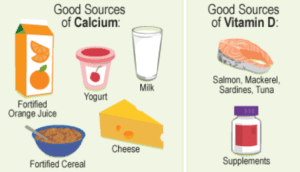
Many calcium-rich foods can meet your daily calcium needs, strengthen bones, and improve health.
Here are some foods that are high in calcium:
Calcium Foods
Fortunately, many delicious and healthy foods are rich in calcium.
Here are some of the best sources of calcium:
1. Dairy products
Calcium-rich milk, cheese, and yogurt.
Cheese has 200 mg per ounce, while milk has 300 mg per cup.
2. Leafy greens
Vegetables like kale, spinach, and collard greens are rich in calcium. Cooked kale has 180mg of cooked spinach has 240mg of calcium per cup.
3. Tofu
Calcium sulphate-made tofu is a calcium source. Half a cup of this soy-based product provides 400 mg of calcium.
4. Canned fish
Fish bones, like salmon and sardines are rich in calcium and omega-3 fatty acids. One can of salmon provides around 500 mg of calcium.
5. Fortified foods
Many foods, such as breakfast cereals and plant-based milk, are fortified with calcium. Check the label to ensure that the product contains a significant amount of calcium. Incorporating these foods into your diet can help you meet your daily calcium needs.
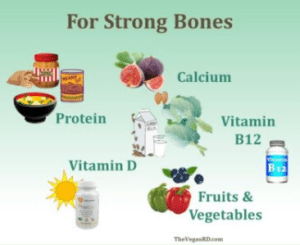
Here are some meal ideas to get you started with Calcium Foods :
-
Breakfast
Top your cereal or oatmeal with sliced almonds and milk, or make a smoothie with yogurt, kale, and a banana.
-
Lunch
You can make a nutritious salad by tossing spinach, canned salmon, and sliced almonds.
- Try a grilled cheese sandwich and a glass of milk for a quick and tasty source of calcium.
-
Dinner
Try a stir-fry with tofu, soy, and sesame seeds, or have a spinach and cheese omelet with steamed broccoli.
Non-dairy sources of Calcium foods
While dairy products are known calcium sources, only some can or wants to consume dairy. Fortunately, plenty of non-dairy sources of calcium can be incorporated into a balanced diet.
Here are some examples:
-
Leafy greens
Kale, collard greens, and spinach are all excellent examples of dark, leafy greens rich in calcium. One cup of cooked kale = 179 mg Ca, 20% daily value.
2. Seeds and nuts
Calcium can be found in almonds, sesame seeds, and chia seeds. For example, one ounce of sesame seeds contains about 280 mg of calcium, 28% of the recommended daily value.
3. Seafood
Canned salmon and sardines are calcium-rich. 18% of the daily calcium requirement is in a 3-ounce can of salmon. Non-dairy sources can provide calcium without dairy. These sources help dairy-free people. To ensure nutrient intake, consult a doctor before making any dietary changes.
Recipes and Meal Ideas
Delicious and Creative Ways to Boost Your Calcium Food Intake
We all know that calcium is essential for strong bones. However, getting enough of it can be challenging, especially if you prefer something other than milk or cheese. Luckily, there are plenty of other delicious and creative ways to boost your calcium intake through food. This section will share some of our favourite recipes and meal ideas. These options are packed with calcium and bursting with flavour and nutrition.
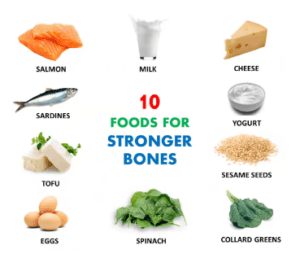
- Savoury Cheesy Oatmeal with Kale and Mushrooms
This savoury oatmeal dish is a delicious and nutritious way to start your day. The oatmeal provides a dose of fiber, while kale and mushrooms add an extra dose of vitamins and minerals. The cheese adds a rich flavour, making it a perfect breakfast for those who prefer savoury over sweet.
Ingredients:
- 1 cup of old-fashioned oats
- 2 cups of water
- 1 cup of chopped kale
- 1/2 cup of sliced mushrooms
- 1/4 cup of grated cheddar cheese
- 1 tablespoon of olive oil
- Salt and pepper to taste
Directions:
- In a medium pot, bring the water to a boil.
- Add oats to medium-low heat. Stir occasionally for 5–7 minutes.
- Heat the olive oil over medium heat in a separate skillet.
- Add the kale, mushrooms, and sauté for 3-5 minutes until tender.
- Add the sautéed vegetables to the pot with the oatmeal and stir well.
- Stir in the grated cheese until melted and well combined.
- Season with salt and pepper to taste.
- Serve hot, and enjoy!
- Creamy Spinach and Feta Stuffed Chicken Breast
Calcium-rich stuffed chicken breasts are tasty and healthy.
Furthermore, Feta cheese not only adds tang and salt to a dish but also brings a unique texture that complements many flavours. Additionally, spinach provides not only a burst of flavour but also essential vitamins and minerals necessary for a healthy diet. Spinach is known for being a superfood because of its high nutrient content. This dish is great for special occasions or weeknight dinners to impress guests.
Ingredients:
- 4 chicken breasts without bones or skin
- 2 cups of fresh spinach
- 1/2 cup of crumbled feta cheese
- 2 tablespoons of olive oil
- 2 cloves of garlic, minced
- Salt and pepper to taste
Directions:
- Preheat the oven to 375°F (190°C).
- In a skillet, heat the olive oil over medium heat.
- Add the garlic and sauté for 1-2 minutes until fragrant.
- Add the spinach and sought for 2-3 minutes until wilted.
- Remove from the heat and stir in the feta cheese.
- Use a sharp knife to cut a pocket in each chicken breast.
- Stuff each chicken breast with the spinach and feta mixture.
- Season with salt and pepper to taste.
- Bake the stuffed chicken breasts for 25–30 minutes.
- Serve hot, and enjoy!
Enchiladas with Sweet Potato and Black Beans
A tasty vegetarian enchilada recipe provides calcium. Black beans with sweet potatoes contain protein, fiber, vitamins, and minerals. Cheese makes it a year-round comfort dish.
Ingredients:
- 6 corn tortillas
- 2 cups of cooked black beans
- 1 cup of diced sweet potatoes
- 1 cup of diced tomatoes
- 1 cup of grated cheddar cheese
- 1/4 cup of chopped cilantro
- 1 tablespoon of olive oil
- Salt and pepper to taste
For the enchilada sauce:
- 2 tablespoons of olive oil
- 2 tablespoons of all-purpose flour
- 1 tablespoon of chilli powder
- 1 teaspoon of ground cumin
- 1/2 teaspoon of garlic powder
- 1/4 teaspoon of dried oregano
- 1 and 1/2 cups of vegetable broth
Directions:
- Preheat the oven to 375°F (190°C).
- In a skillet, heat the olive oil over medium heat.
- Add the sweet potatoes and seek for 5-7 minutes until tender.
- Add the black beans, diced tomatoes, cilantro, salt, and pepper, and stir well.
- In a separate skillet, make the enchilada sauce by whisking the olive oil, flour, chilli powder, cumin, garlic powder, and oregano over medium heat for 1-2 minutes.
- Gradually add the vegetable broth, constantly whisking until smooth and thickened.
- Dip each corn tortilla in the enchilada sauce to coat.
- Roll up each tortilla with the sweet potato and black bean mixture.
- Place the rolled-up tortillas seam-side down in a baking dish.
- Pour the remaining enchilada sauce over the top of the tortillas.
- Sprinkle the grated cheddar cheese over the top.
- Bake for 25-30 minutes or until the cheese is melted and bubbly.
- Serve hot, and enjoy!
In conclusion, calcium-rich meals can be tasty. Try these tasty and imaginative calcium-rich meals. Enjoy a range of flavours and nutrients. To meet your calcium needs, consult a doctor or dietitian.
Other factors that affect bone health
1-Vitamin D is essential for strong bones because it helps your body absorb calcium. You can get vitamin D from sunlight, food, and supplements. Fatty fish like salmon, tuna, and egg yolks are excellent sources of vitamin D. Fortified foods like milk and cereal also provide vitamin D.
- Weight-bearing exercise
Weight-bearing exercise, a calcium-rich diet, and vitamin D3 support bone health. Walking is a beneficial weight-bearing exercise that improves muscle strength and balance and reduces bone loss.
Conclusion about Calcium Foods
Consuming enough calcium is essential for strong bones and overall health. This is particularly important for those who follow a dairy-free diet or are at a higher risk of osteoporosis. Various dairy and non-dairy calcium sources can be added to your meals. A well-balanced diet, including vitamin D, magnesium, and potassium, is vital for bone health. Consult a healthcare professional or registered dietitian to ensure a balanced and healthy diet that meets your nutritional requirements.

Adel Galal is a health and wellness writer with over 30 years of experience studying and writing about health, fitness, nutrition, and healthy living. He is the founder of NextFitLife.com, where he shares practical, evidence-based guidance to support long-term health at any age. Adel’s mission is simple:
to help people make smarter health choices that fit real life, at any age.

